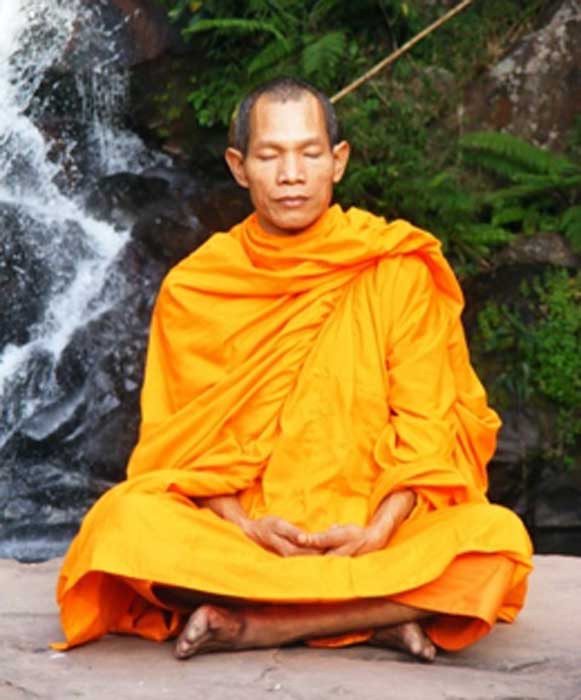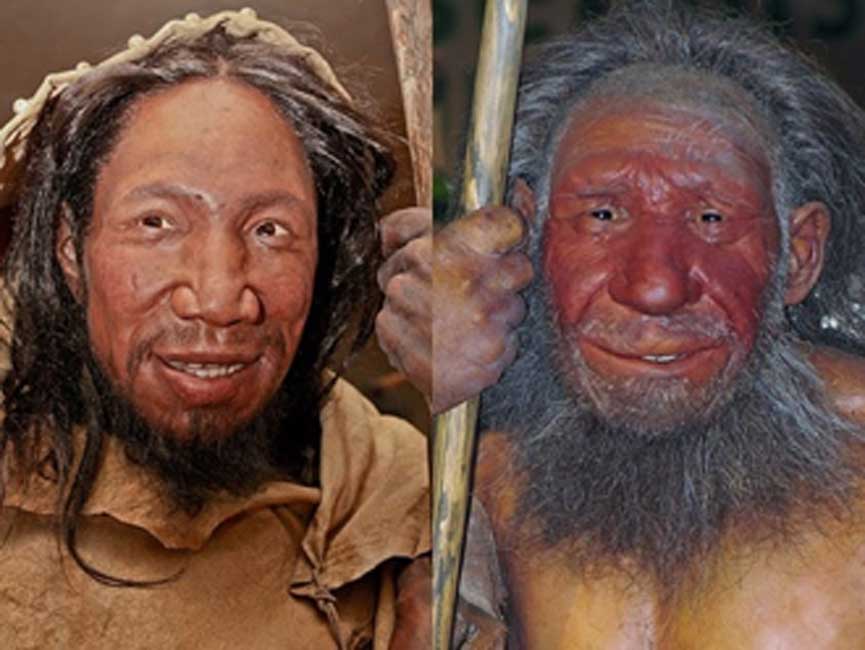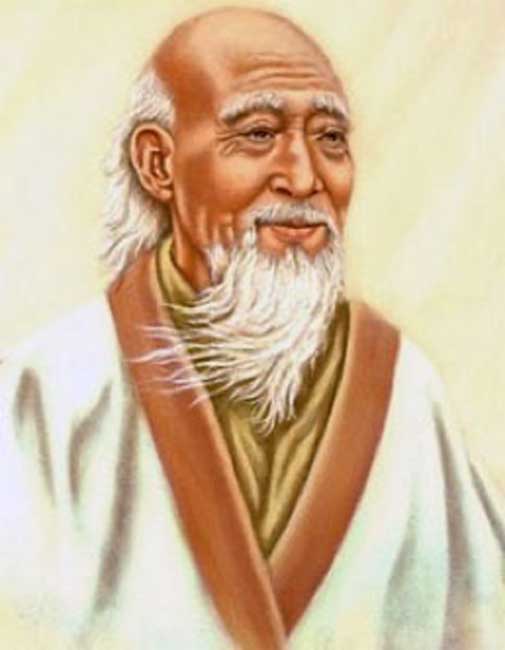
Contemplating the Navel: The Origins of Ancient Mindfulness
The words of the 16th-century Bishop of Geneva, Saint Francis de Sales, are truer today than ever before: “Half an hour's meditation each day is essential, except when you are busy. Then a full hour is needed“. Before pop-psychology and self-help books appeared in the 1970s, for at least 5,000 years the process of discovering who one truly is, required years of self-reflection through controlled meditational practice. The word ‘meditation’ derives from the Latin term meditatum meaning to ponder and practicing meditation has always been associated with forging a deeper relationship between the mind and body, and aligning this with the perceived soul, will or higher self.

Phra Ajan Jerapunyo, Abbot of Watkungtaphao Buddhist monk in Phu Soidao. (CC BY-SA 3.0)
The Roots of Meditation
Every scholarly paper, book and modern meditational school will ascribe different origins to what is often called the ‘age-old tradition’. Elaine Mead in The History and Origin of Meditation, (2019) speculates that while the practice is generally associated with Eastern countries, meditation: “might be as old as humanity itself with the potential meditative capacities of Neanderthals.”

Might ancient European Homo sapiens (left) and Homo neanderthalensis (right) have meditated their way through hard times? (Daniela Hitzemann/ CC BY-SA 4.0)
Setting all opinions aside, the stark historical truth is that no one specialist knows for certain when and where meditation officially commenced, although Hinduism, Buddhism, Judaism, Islam and Christianity may all claim its originality. The oldest documented illustrations and images of meditation are from India and date back to 5000 to 3500 BC in the form of wall art depicting people with their eyes half-closed in meditative-like seating positions.
As far as written records go, meditation techniques are recorded in Hindu traditions of Vedantism around 1500 BC in India, where the practice of Dhyāna or Jhāna is referenced as ‘training the mind’ which is most often translated as ‘meditation’. In China, early forms of meditation were noted as far back as the third and sixth century BC, associated with the Chinese Daoist philosopher, Laozi, who applied several different terms to meditation techniques including: Shou Zhong – roughly translated as ‘guarding the middle’ and Bao Pu – roughly translated as ‘embracing simplicity’.

Laozi (Noasaurus/ CC BY-SA 4.0)




